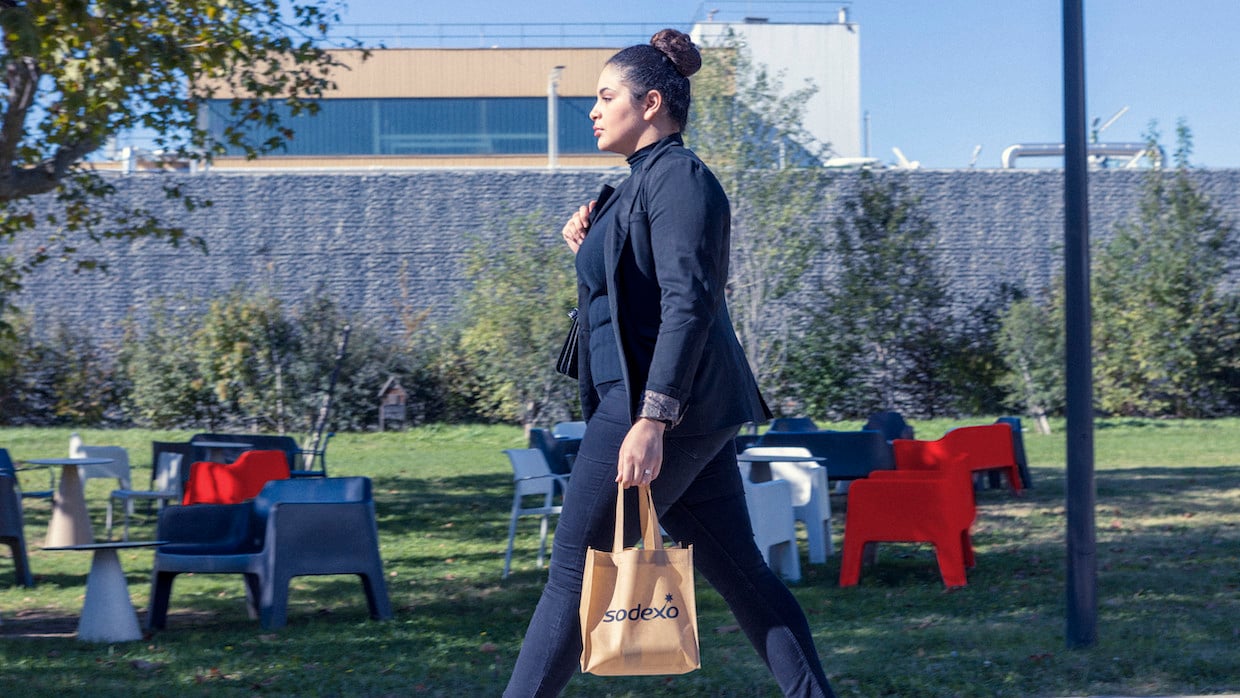
Workplace Experience
Co-creating exceptional workplaces

These changes are due to reasons like social responsibility, inclusiveness or environmental impact.
The importance of an individual’s values are playing in to their decision making throughout their everyday lives, more so than in the past where, taste, quality and value were the primary drivers in deciding which food and drink to buy.
Consumers now want to know the story behind the brand that is selling a food or drink product; what organizations do they support, what kind of commitments have they made to their people and the environment.
"79% of global consumers are changing their purchasing preferences based on social responsibility, inclusiveness or environmental impact."
survey of consumers globally by Capgemini
A lot more information, beyond nutritional labels, is now being displayed on products such as snacks and drinks, because brands are using the opportunity to communicate to their consumers about things that have nothing to do with the product itself or the experience that it will deliver.
This is only going to become more of the norm as younger consumers (Gen Z and younger) are growing up with this kind of understanding. The brands that they choose to engage with are part of their identity.
This doesn’t mean that things like quality and taste don’t matter, it’s simply that there are more considerations behind decision-making for today’s consumers.
This trend has also been observed by BBC Global news who found that 81% of consumers agree that clearly demonstrating a commitment to sustainability adds value to a brand, with 79% saying sustainable practices and commitments are a crucial consideration when making purchasing decisions.
Find out more about how our chefs around the world are adapting to this trend in our 2022 Annual Culinary Report

Co-creating exceptional workplaces

Creating exceptional moments at the world's largest sporting events

Cultivating inclusive agriculture in South Africa